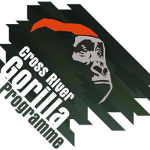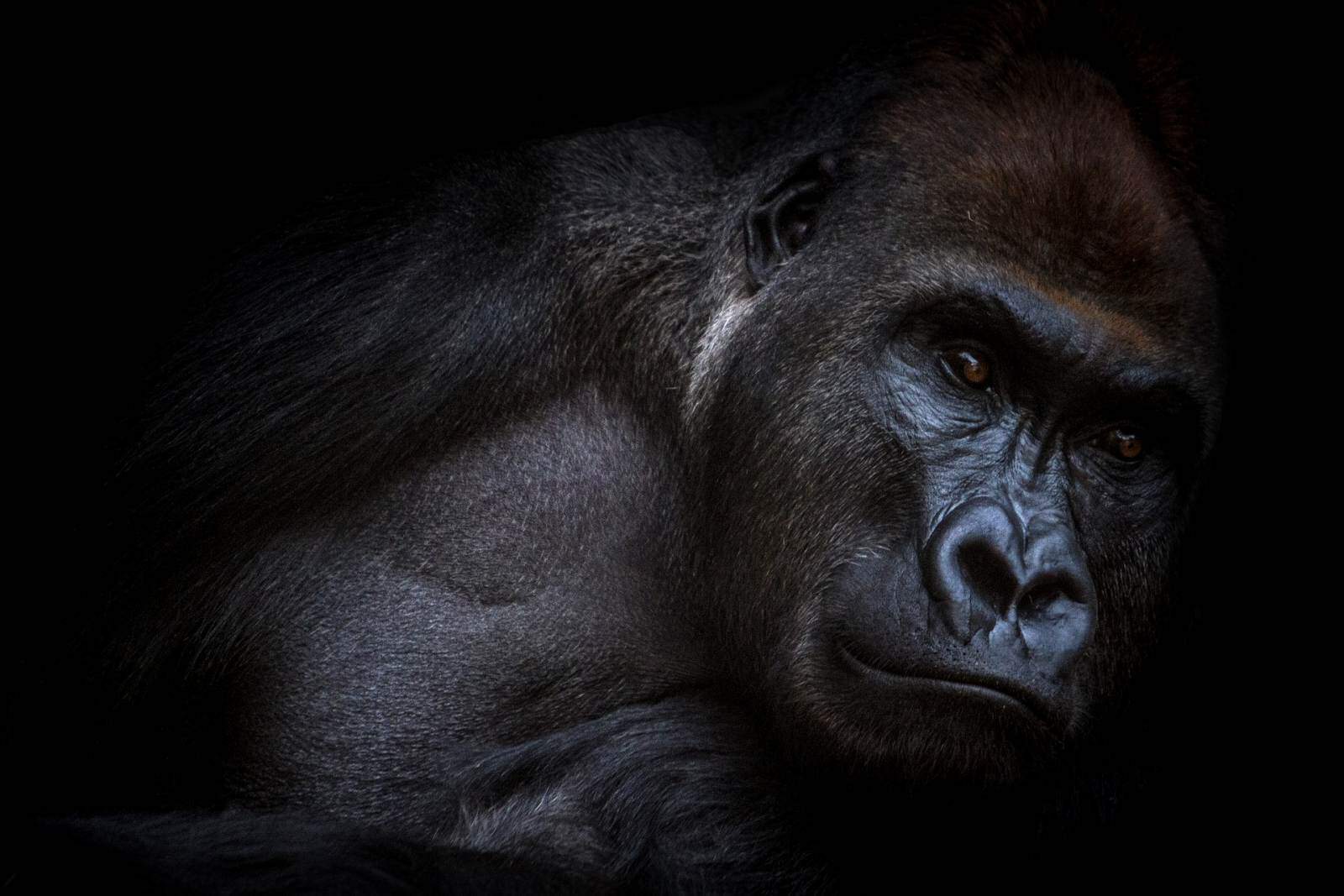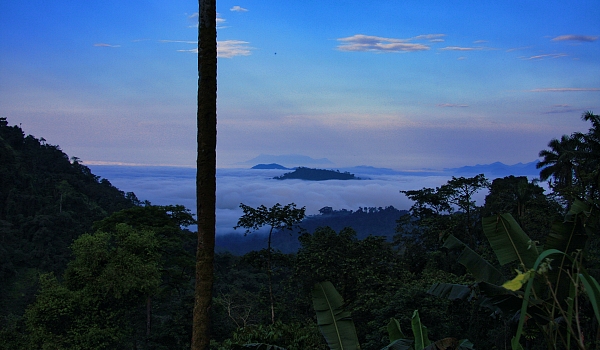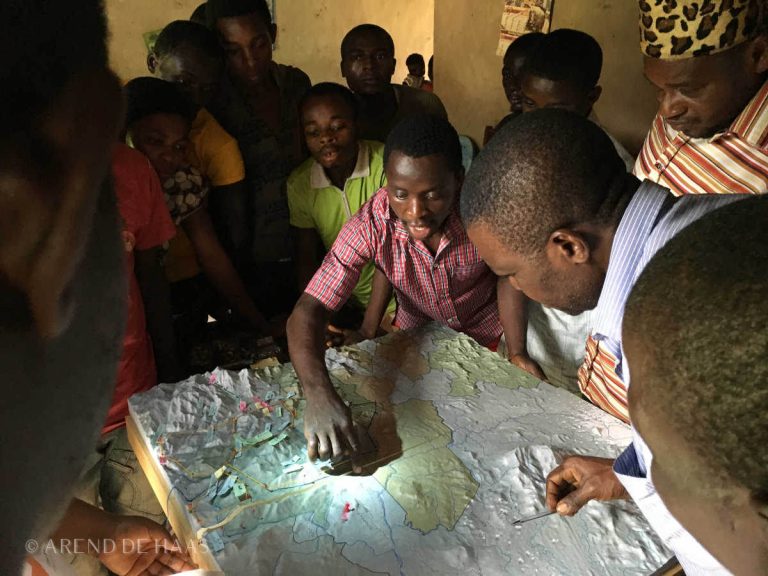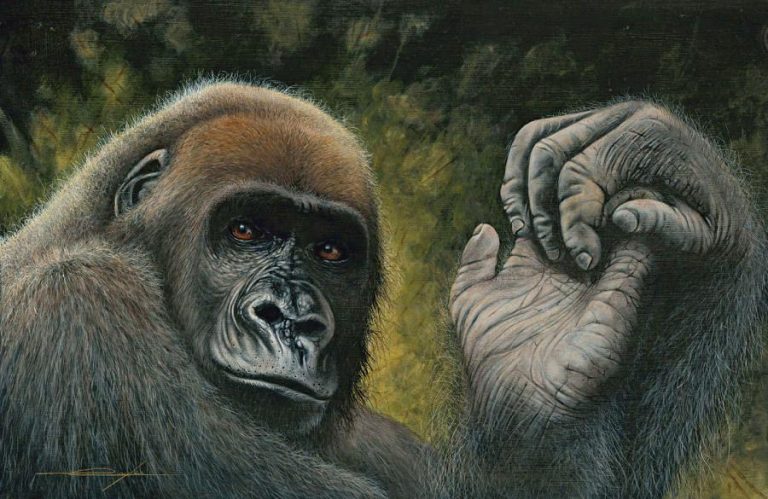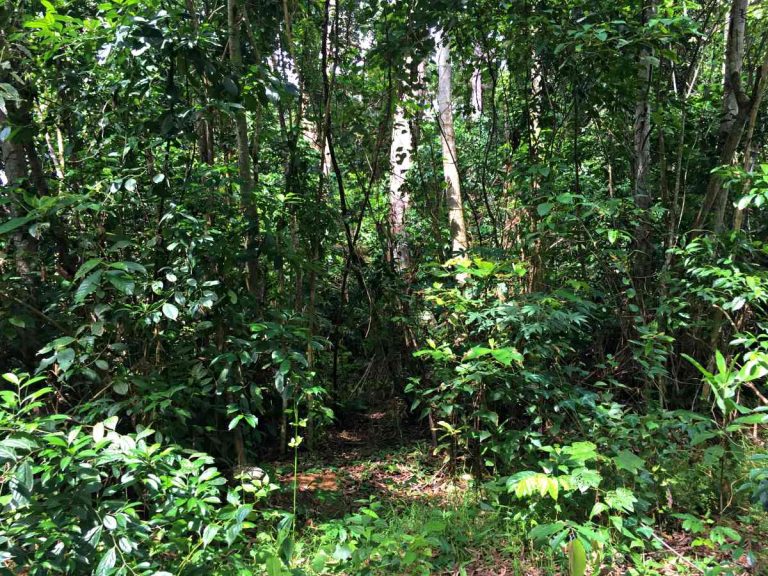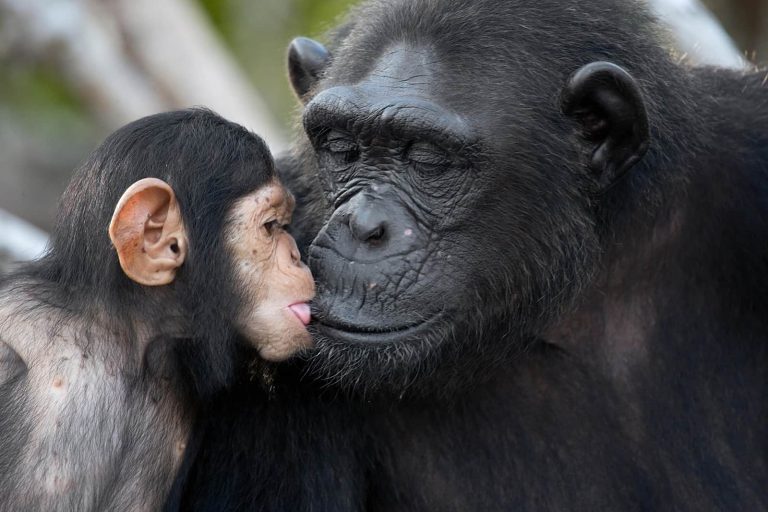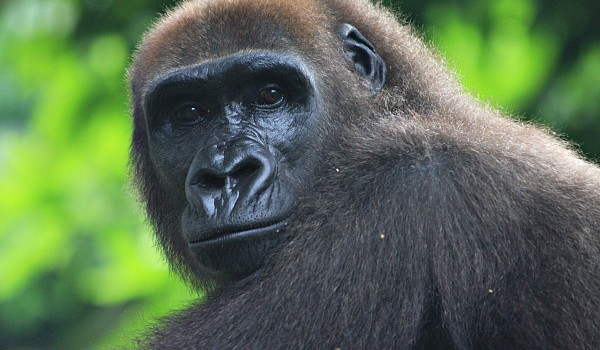Cameroon “new gorillas” need protection
A Cameroonian environmentalist group is lobbying for the establishment of a new national park at Cross River on the Nigerian border to protect a little known sub-species of gorillas only living there.
The Cross River Gorilla (Gorilla gorilla diehli) is the least known critically endangered sub-species of gorillas, living in the forest of both sides of the Cameroon-Nigeria boarder in numbers of 250 individuals.
Now, the Cameroonian conservation and wildlife protection group ERUDEF is hoping the little exploited habitat of the gorilla sub-species may be set aside as a national park.
The Fossimondi region close to Cross River is a poorly explored area with large biodiversity, the group holds, saying it urgently needs protection to prevent from further encroachment. Here, the fauna of West and Central tropical Africa intermixes, making it a unique site because of many endemic species, an ERUDEF expedition had shown.
The group has already launched a “bio-monitoring” project of great apes in the little mapped Bechati-Fossimondi-Besali forest area, including the endemic gorillas and forest chimpanzees. The project has already revealed a unique behaviour of the local chimpanzees, which seemed to have copied the gorillas’ habits of ground nesting.
ERUDEF researchers emphasise that their studies of the Fossimondi region forests had just started, although already revealing that the ecosystem had unique qualities. The environmentalists are sure there are still many endemic species to be found and now fear that the unique forests may be threatened by loggers and encroaching farmers.
Therefore, hoping to achieve full-fledged protection of the forest area at the Nigerian border, the environmentalists are doing their best to make the site better known.
Earlier this year, ERUDEF managed to catch the interest of ‘CNN’, one of the main broadcasters in the US. ‘CNN’ sent a camera team into the forest region to make a documentary about “the rarest gorillas in the world.” Disappointingly, however, the ‘CNN’ team was unable to find any gorillas on their short trip to Cameroon.
Meanwhile, ERUDEF has been seeking new collaborators world-wide to market their conservation issue. This week, a group of Czech nature scientists teamed up with ERUDEF to create the “Diehli Initiative” – referring to the Latin name of the gorilla sub-species – that aims at protecting the shrinking habitat of the unique great apes.
To gain the most attention to the initiative, gorilla and ape keeper of the Prague Zoo, Marek Zdansky, later this month is to lead an expedition to the Fossimondi forests, accompanied by a Czech documentarist. The Czech expedition’s aim is to gather “financial, media and scientific support of current activities of ERUDEF.”
While the environmentalists wait for state protection of the forests close to Cross River, they must rely on their own resources to protect the apes from poachers. ERUDEF obviously is doing a good work in this aspect, and has already convinced ex-poachers to serve as “eco-guards” to protect the gorillas.
The Cameroonian environmentalists managed to explain the former poachers the unique value of the sub-species, having them realise they were privileged to be the only ones to observe these impressive animals in the world. With new pride in their environment, the new eco-guards now try to stop others from poaching in the Fossimondi forests.
http://www.afrol.com
